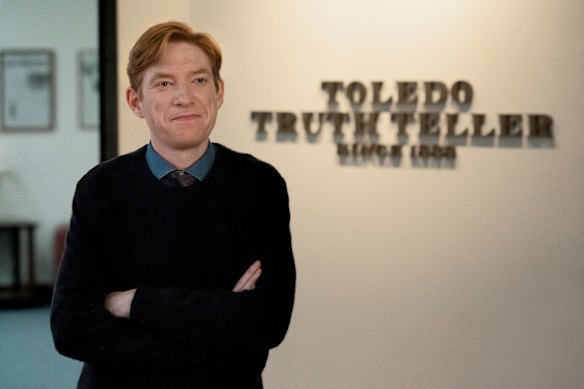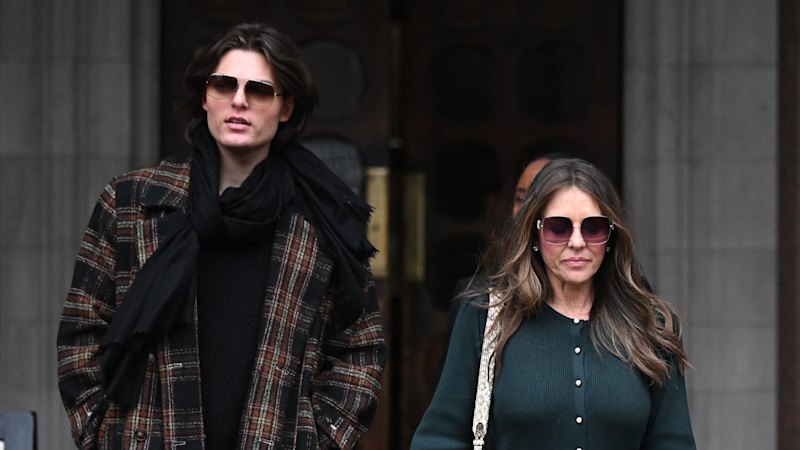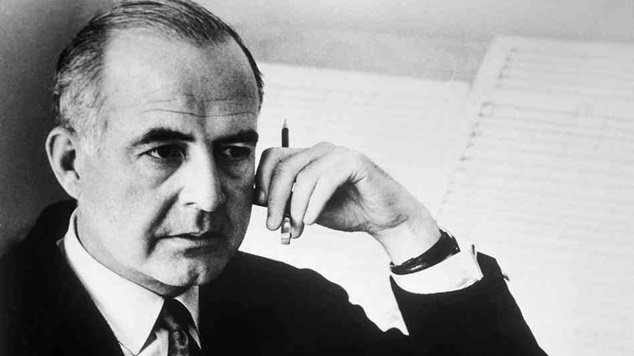
The new spin-off series, The Paper, brings back the charm of the iconic The Office, blending humor with a fresh narrative. Created by Greg Daniels, who previously adapted the US version of the beloved show, alongside Michael Koman, this series explores the world of a struggling newspaper, the Toledo Truth Teller, set against the backdrop of modern journalism.
The Paper follows the original documentary crew as they attempt to reconnect with former employees of Dunder Mifflin for the 20th anniversary of their documentary. Their journey leads them to a conglomerate firm in Ohio that produces paper products, including the remnants of a once-thriving newspaper. The series cleverly uses this setting to comment on the challenges facing print journalism in the digital age.
Meet the Characters of Toledo Truth Teller
At the heart of the series is Domhnall Gleeson, who plays Ned, the optimistic editor-in-chief. He navigates the complexities of running a paper that has seen better days. The managing editor, Esmerelda, portrayed by Sabrina Impacciatore, is a single mother whose journalism primarily revolves around reviewing free beauty products. This character’s approach to journalism offers a humorous yet poignant reflection on the current media landscape.
Another key character is Mare, a military veteran and compositor at TTT, who details her struggles with producing content given the constraints of the paper’s resources. Her first assignment involves laying out a front page story on Elizabeth Olsen‘s night-time skin routine, humorously underscoring the challenges of modern reporting.
With the paper’s resources heavily invested in its janitorial products division, the series metaphorically highlights the decline of print journalism as it competes with digital formats. The show’s satire serves as a reminder of the evolving nature of news and the impact of technology on traditional media.
A Nostalgic Yet Contemporary Take
While The Paper nods to its predecessor, it carves out its unique identity. The blend of relatable characters, sharp wit, and insightful commentary on the state of journalism engages both new viewers and fans of the original series. The mockumentary style remains intact, capturing the same spirit that made The Office a cultural phenomenon.
As the series unfolds, it offers a lighthearted yet critical look at the intersection of journalism, business, and personal ambition. By following the trials and triumphs of the staff at the Toledo Truth Teller, The Paper not only entertains but also provokes thought about the future of media.
In a landscape where many shows attempt to replicate past successes, The Paper successfully balances nostalgia with contemporary relevance, making it a worthy addition to the legacy of The Office.






